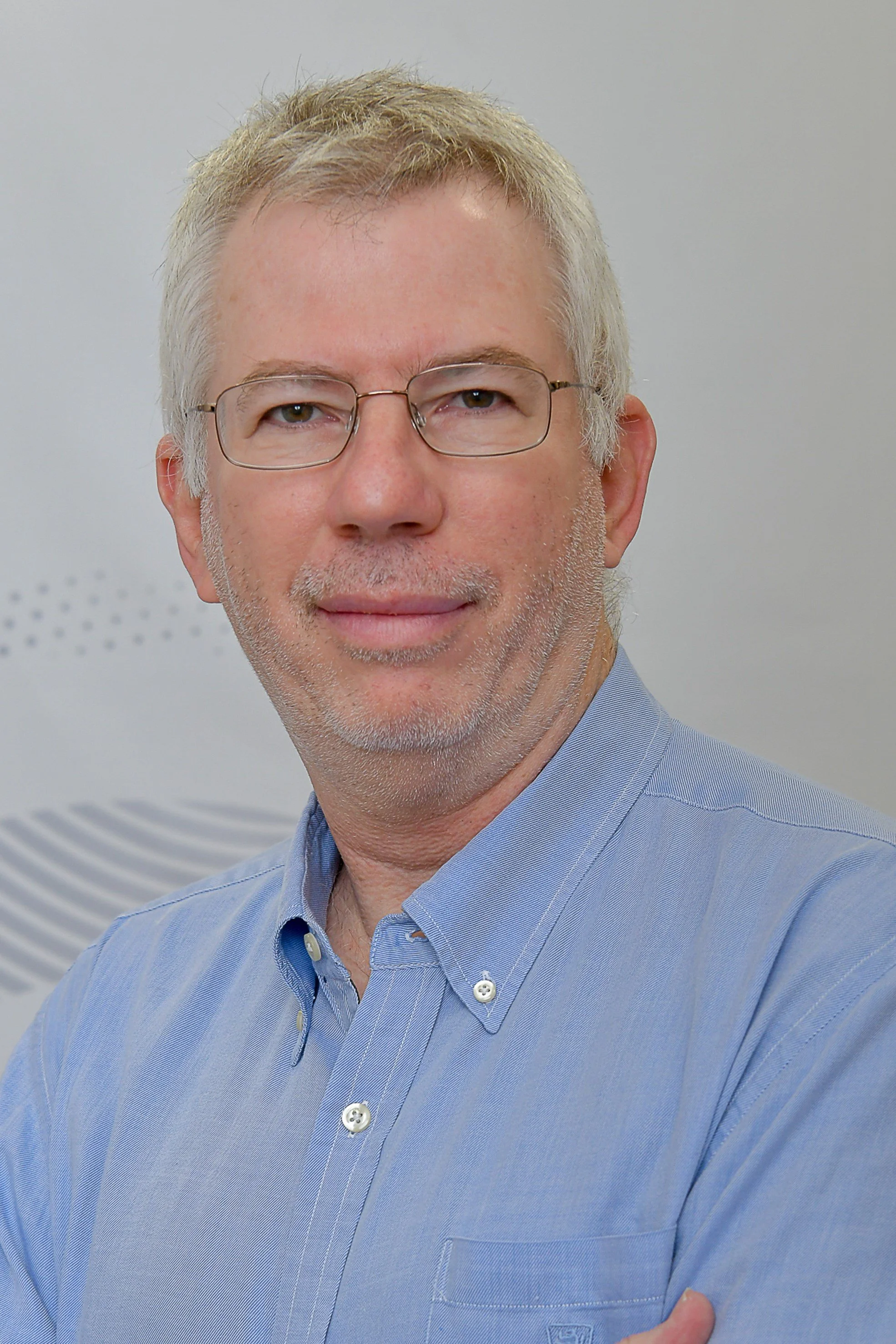Meet Prof. Hanoch Senderowitz
Hanoch Senderowitz is a professor of computational chemistry at Bar-Ilan University, Israel. Prof. Senderowitz completed his Ph.D. studies in computational organic chemistry with Professor Benzion Fuchs at Tel Aviv University and his post-doctoral training, as a Fulbright scholar, with Professor Clark Still in the MacroModel development team at Columbia University.
Upon his return to Israel, he joined the pharmaceutical industry first at Peptor Ltd. and latter at EPIX Pharmaceutical where is served as Executive Director Computational Development.
In 2009, Prof. Senderowitz moved to the Department of Chemistry at Bar-Ilan University where he is heading the laboratory of molecular modeling, computer aided drug design and chemoinformatics.
Prof. Senderowitz’s research focuses on the development, implementation and usage of molecular modeling tools and machine learning algorithms in various fields including drug design, chemoinformatics, materials-informatics agro-informatics and forensic-informatics. To date he has published over 150 manuscripts, book chapters, conference proceedings, and patents.
Publications
1.
Kaspi, O.; Israelsohn-Azulay, O.; Zidon. Y.;Rosengarten. H.; Krmpotić, M.; Gouasmia, S.; Radović, I.; Jalkanen, P.; Liski, A.; Mizohata, k.; Räisänen, J.; Kasztovszky, Z.; Harsányi, I.; Acharya, R.; Pujari, P.; Mihály, M.; Braun, M.; Shabi, N.; Girshevitz, O.; Senderowitz, H., Towards developing technique-agnostic machine learning classification models for forensically relevant glass fragments, Journal of Chemical Information and Modeling, 2023, 63, 87-100.
2.
Bahia, MS.; Kaspi, O.; Touitou, M.; Binayev, I.; Dhail, S.; Spiegel, J.; Khazanov, N.; Yosipof, A.; Senderowitz, H., A comparison between 2D and 3D descriptors in QSAR modeling based on bio-active conformations. Molecular Informatics, 2023, 42,4.
3.
Kaspi, O.; Israelsohn-Azulay, O; Zidon, Y.; Rosengarten, H.; Krmpotić, M.; Gouasmia, S.; Radović, I.; Jalkanen, P.; Liski, A.; Mizohata, K.; Räisänen, J.; Girshevitz, O.; Senderowitz, H., Inter-laboratory workflow for forensic applications: Classification of car glass fragments, Forensic Science International, 2022, 111216
4.
Kaspi, O.; Girshevitz, O.; Senderowitz, H., PIXE Based Machine-Learning (PIXEL) Supported Workflow for Glass Fragments Classification, Talanta, 2021, 234, 122608.
5.
Senderowitz, H.; Yosipof, A.; Kaspi, O. Application of materials informatics tools to the analysis of combinatorial libraries of all metal-oxides photovoltaic cells Lecture Notes in Computer Science, 2019, 11731, pp. 758–763.
6.
Kaspi, O.; Yosipof, A.; Senderowitz, H., Visualization of solar cells library space by dimension reduction methods Journal of Chemical Information and Modeling, 2018, 58, 2428-2439.
7.
Kaspi, O.; Yosipof, A.; Senderowitz, H. PV Analyzer: A Decision Support System for Photovoltaic Solar Cells Libraries, Molecular Informatics, 2018, 37(9-10): 1800067.
8. Kaspi, O.; Yosipof, A.; Senderowitz, H. Random Sample Consensus (RANSAC) Algorithm for Material-Informatics: Application to Photovoltaic Solar Cells, Journal of Chemoinformatics, 2017, 9, 34. This article was selected by Springer-Nature publishing group to be included in the prestigious “Change the World, One Article at a Time initiative” list. See:
Updated: March, 2024
https://www.springernature.com/gp/researchers/campaigns/change-the-world/chemistry-physics-astronomy-engineering-materials
9.
Yosipof, A.; Kaspi, O.; Majhi, K,; Senderowitz, H. Visualization Based Data Mining for Comparison Between Two Solar Cell Libraries, Molecular Informatics, 2016, 35, 622-628.
10.
Sivan, Y.; Salama-Ortar, I.; Hardee G.M.; Kaspi, O.; Ten Possible States in the Age of 3D3C Art: The Contil Case. Journal For Virtual Worlds Research, 2013, 6,10.

